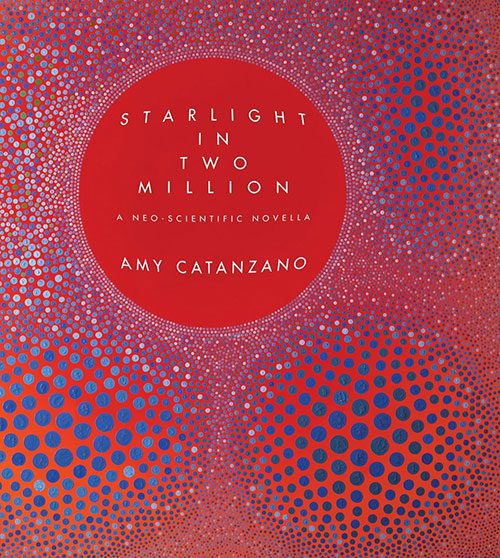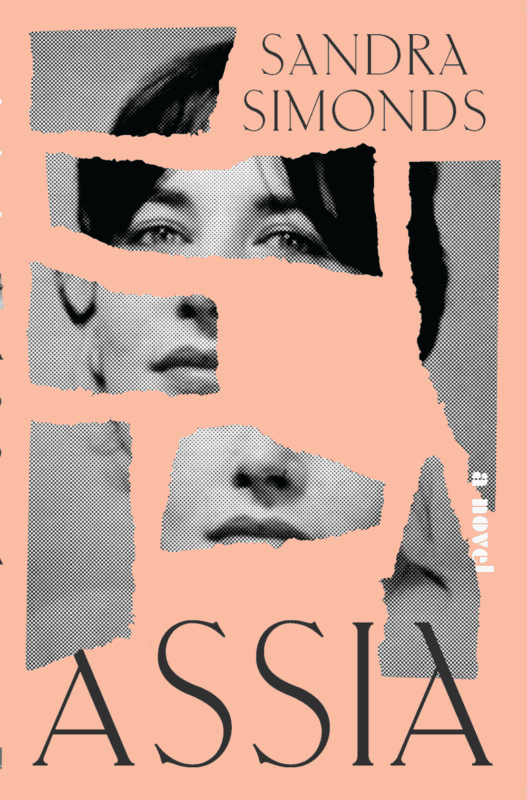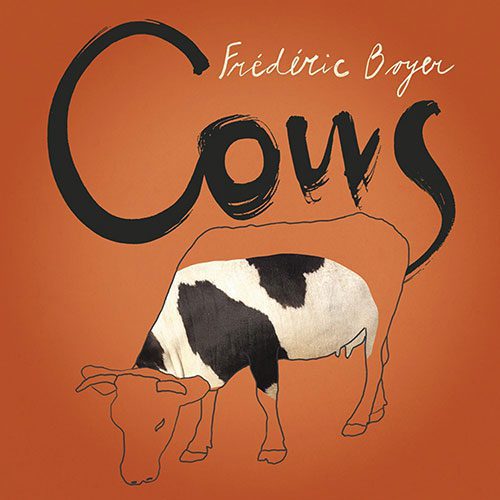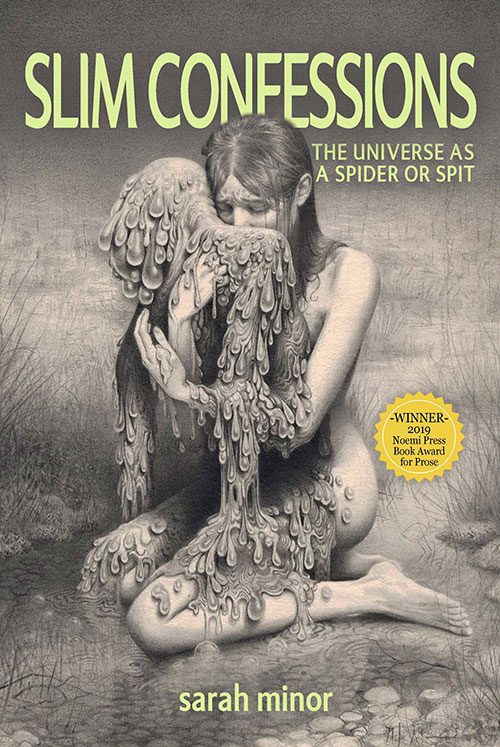Transgressive Circulation, Essays on Translation
by Johannes Göransson
$9.99 – $15.00
Synopsis
Poetry, Frost is often quoted as having said, is what is lost in translation, and American poets and critics have long taken this as their cue to subordinate translation to other forms of literary activity and to disqualify translated texts. In Transgressive Circulation, poet, translator, and publisher Johannes Goransson reverses this dynamic, holding that we should use translation to re-assess our entire aesthetic establishment. Rather than argue against the denigration and abjection of translation – and most foreign texts – this book investigates those dark zones of expulsion as grounds for new possibilities, not just for translation but for literature as a whole.
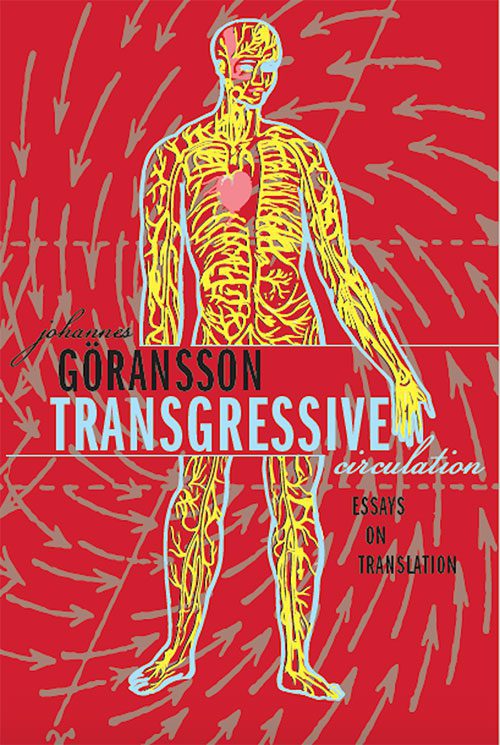
Blurbs
This irreverent book proves that translation’s “violent embrace” of foreign poetry turns words into little girls, whales or pigs ⎯words that have lost their mojo thanks to overuse in familiar contexts. In an argument constructed in nine tempos, an expanding chorus resoundingly proves that being infected by a hoard of dead pigs from a country like Korea performs the very surgical intervention into our brains that we’ve needed for so long: the one that will make us poets, translators, and moreover, “humans,” in a way that has never occurred to us in our tight centripetal orbits. It’s the farther planets, the ones closest to dark matter, that shatter the symmetry that is not only fake but far more dangerous than the infected, erotic, filthy, womanly asymmetry of the foreign when it finally, in the hands of courageous translators ⎯ like Don Mee Choi has been for Kim Hyesoon — gives poetry the chance to remain untamed.
Valerie Mejer Caso
In Transgressive Circulation, Johannes Göransson offers poignant diagnoses of how translation is viewed in the isolated zones of US poetry. He uses a multivalent, interdisciplinary approach to analyze how discussions about translation become microcosms for larger discussions of nationalism and disdain for the foreign. Transgressive Circulation is at its most acute in its case studies of translations of Swedish poet Aase Berg and Korean poet Kim Hyesoon. Göransson ultimately demonstrates not only how translation serves as a language-moving device, but also how it becomes a vital generator for ‘first-language’ poetry “in a toxic state of circulation.”
Daniel Borzutzky
National Book Award Winner
